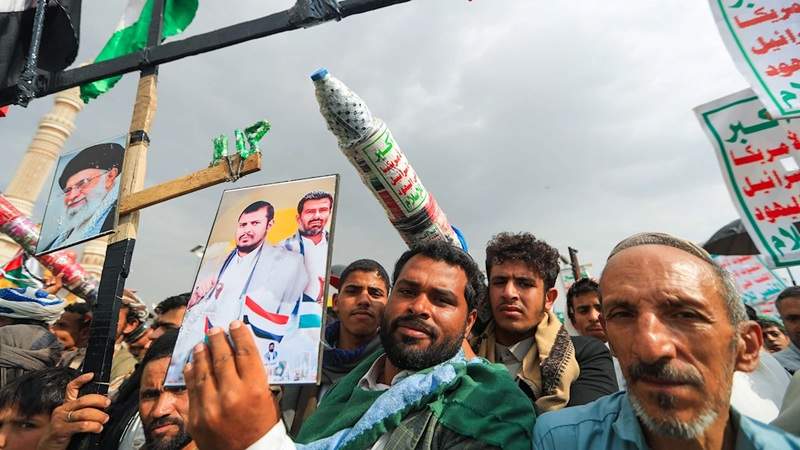Israel’s Yemen Dilemma: Between Symbolic Strikes and a Costly War of Attrition

Yemen: In a notable shift in security priorities, the Hebrew Channel 14 revealed that the Israeli security establishment has completed an extensive offensive plan against "Ansarullah" in Yemen.
Shift in Security Priorities Amid U.S. Failure to Achieve Decisive Action in Red Sea
This announcement came as part of a comprehensive security assessment by Israeli Security Minister Israel Katz, who stated that Gaza and Yemen have become the two hottest fronts, compared to a relative lull in Lebanon and Syria.
According to Israeli assessments, Yemen is no longer a peripheral theater as it was over the past two years—when the U.S. acted as Israel’s proxy in targeting it—but has now moved to the forefront of Israeli security priorities. This shift is particularly due to Yemeni operations (missiles and drones) posing a direct threat to Israel.
This escalating Israeli response comes amid a complete halt in operations at the port of Eilat—Israel’s only vital maritime outlet on the Red Sea—following a series of attacks by Yemen on cargo ships heading to Israeli ports. These attacks have forced shipping companies to reduce voyages to Israel, driving up maritime insurance costs and imposing additional burdens on the Israeli economy.
Israeli officials fear that the continuation of this situation could solidify an "unspoken understanding" between Washington and Sanaa regarding a ceasefire. Tel Aviv views this as a precursor to establishing a new strategic reality that cements Yemen's role as an active naval force stretching from the Bab el-Mandeb Strait to the Suez Canal—a development Israel sees as a threat extending beyond its national security to regional and international maritime security.
Western military and intelligence reports indicate that Yemen has rebuilt its military strength based on underground fortifications, including a network of tunnels spanning dozens of kilometers, equipped with electric elevators, smart ventilation systems, independent power generators, and fortified missile depots and command centers that are difficult to target from the air. During its intensive Red Sea campaign in early 2024, U.S. forces failed to disrupt this infrastructure or halt Yemen’s aerial and naval attacks.
Alongside military threats, Hebrew reports indicate that Israel has redirected its satellites toward Yemen and initiated intelligence operations to intercept phone communications from towers within Ansarullah-controlled areas. This is an attempt to dismantle the Yemen’s command and control structure, leveraging lessons from Israel’s wars in Lebanon and Iran.
Despite accelerating military preparations, Israel appears aware of the complexities of the Yemeni theater. The difficult geography, the vast distance from its borders, and the experiences of Saudi Arabia and the U.S. are all discouraging factors, making a "war of attrition" unlikely—unlike in Gaza or Iran. Even precision airstrikes face significant challenges in achieving destructive effectiveness due to the nature of fortified targets.
-
10:13
Palestinian Sources: Israeli enemy forces raided several homes in al-Mughayyir village northeast of Ramallah in the occupied West Bank
10:12
Palestinian Sources: Four injured as Zionist-entity drones drop explosives on tents of displaced families near Gaza City’s Currency Market
10:11
Palestinian Sources: A woman has been killed by fire from an Israeli enemy drone in the Halawa Camp area of Jabalia al-Balad, north of the Gaza Strip
07:39
Gaza Ministry of Health: The death toll from the Israeli aggression has risen to 70,365 martyrs, 171,058 wounded since the beginning of the assault on Gaza
07:39
Gaza Ministry of Health: 376 martyrs, 981 wounded since the ceasefire on October 11





